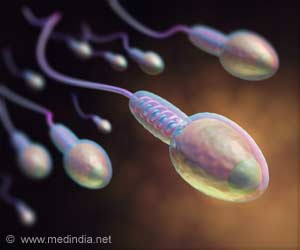A new study has investigated paternal effects on the unborn child and found that fathers exposed to chronic stress passed those stress behaviors to their offspring.

The risk of developing depression, which is mostly increased by exposure to chronic stress, is influenced by both environment and genetics.
The interplay of these two factors is quite complex, but in fact, there is even a third factor- epigenetics.
The researchers at the Mount Sinai School of Medicine in New York, who used mouse model, found that the behavioural changes were only present in offspring produced through natural reproduction, and not in those offspring that were produced via in vitro fertilization.
That interesting twist suggests that most stress-related vulnerabilities are transmitted to subsequent generations behaviourally, rather than epigenetically.
"This type of translational animal work is important to help scientists focus their work in humans," explained lead author Dr. Eric Nestler.
Advertisement
The study was published in Elsevier's Biological Psychiatry.















